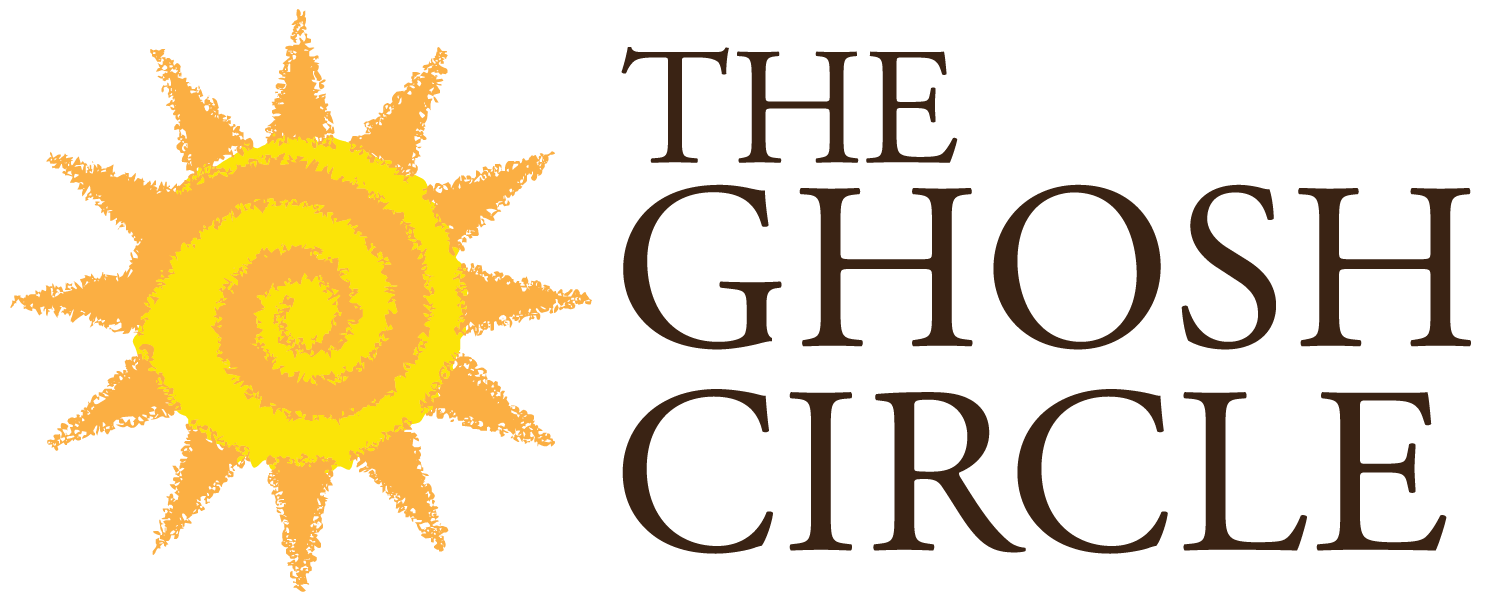Limit Sugar to Lower Cancer Risk
Sugar calories add up quickly. The average American consumes 350 calories of sugar each day, often without consuming a single cookie or piece of candy. How? Through hidden sugars. Sugar is added to many purchased foods, from cereal and salsa to salad dressing and pasta sauce.
What’s Wrong with Sugar?
Food and beverages with added sugar have more calories per ounce and less nutrition per calorie. Extra calories contribute to weight gain, which leads to an increased risk for several types of cancer. If you’re looking to lower your risk, take steps to limit your sugar.
Start with a little detective work. Hidden sugar is sneaky. It’s slipped into food to improve the taste. You may be surprised to learn that low-fat foods are often high in added sugar. To start your sugar sleuthing, look closely at the list of ingredients. You’re not just looking for the word “sugar” – you’re looking for sweeteners that go by code names.
Sugar in Disguise
If an ingredient ends in “ose,” it’s a sign of sugar. The typical suspects include:
sucrose
maltose
dextrose
glucose
galactose
fructose
lactose
Other clues come from ingredients like honey, molasses, corn syrup, cane products, maple syrup, malt syrup, agave and juice concentrates. If any of these sugars are listed high on the food label – or if several different sugars are listed – you can bet the product contains a lot of sugar.
Liquid Sugar
Drinks are often the biggest source of added sugar in our diets. Juice, flavored waters and soft drinks are loaded with sugary calories with little or no nutritional value. Coffee drinks aren’t any better. A single 20-ounce soda contains about 250 calories. A 20-ounce white chocolate mocha? 500 calories.
Healthy Choices
Sugar occurs naturally in fruits and vegetables in the form of fructose. Although these foods factor into your sugar intake, they are also packed with fiber, vitamins and minerals essential for a balanced diet.
The takeaway? Take time to read labels. Cut back on processed and packaged foods. Choose sugars from natural sources like those you’ll find in the produce aisle. When it comes to added sugars, count up the total and prioritize natural ingredients like honey and molasses. Substitute water for sugary drinks and add a spritz of fruit for flavor. With time, these choices will become second habit.

